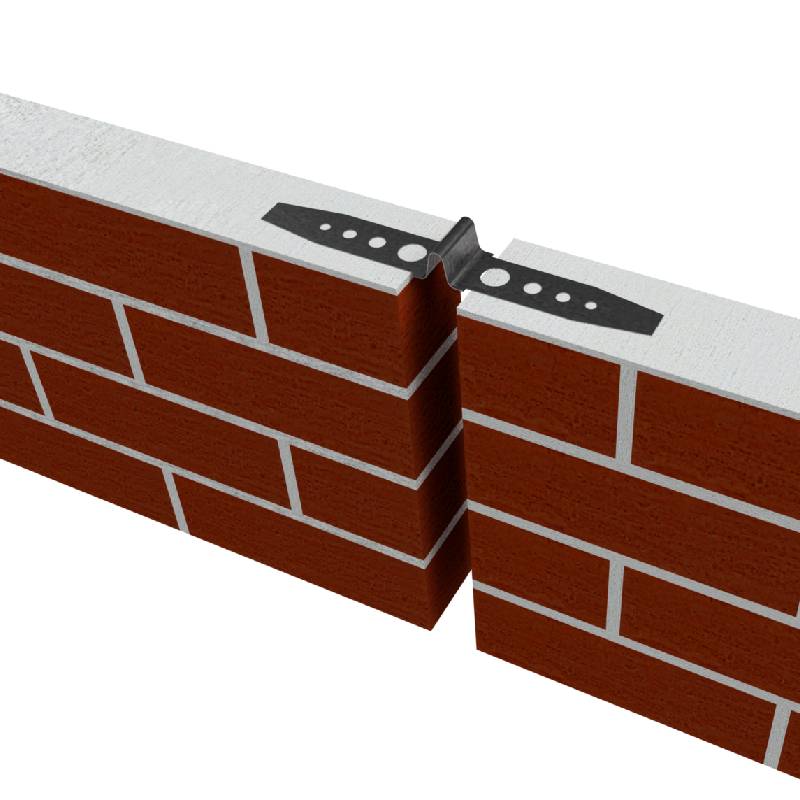
- Mobile Phone
- +8613931874955
- sales@cntcmetal.com
pvc wire netting
The Versatility of PVC Wire Netting
PVC wire netting, an increasingly popular choice in various sectors, is a versatile and durable fencing solution made from steel wires coated with a layer of polyvinyl chloride (PVC). This protective layer not only enhances the aesthetic appeal of the netting but also provides significant resistance against corrosion, rust, and harsh environmental factors. Due to its unique properties, PVC wire netting finds applications in a wide range of industries, including agriculture, construction, and landscaping.
One of the primary advantages of PVC wire netting is its durability. The PVC coating extends the lifespan of the wire by shielding it from weather-related wear and tear. Unlike traditional metal fences that can easily succumb to rust when exposed to moisture, PVC-coated wire remains resilient, making it an ideal choice for outdoor applications. It is particularly beneficial in regions with high humidity or extreme temperatures. This durability translates into long-term cost savings, as property owners won’t need to worry about frequent replacements or repairs.
In agriculture, PVC wire netting serves multiple functions. Farmers utilize it for fencing livestock, protecting crops from various animals, and creating enclosures for poultry. The visibility of the netting ensures that animals stay within designated areas while allowing air and sunlight to permeate, promoting healthier living conditions. Additionally, the netting can be used for constructing trellises or supports for climbing plants, helping enhance agricultural productivity.
Construction sites also benefit from PVC wire netting, serving as an effective barrier for safety and security. It is commonly used to create temporary fencing around construction zones to prevent unauthorized access, protecting workers and passersby from potential hazards. The lightweight nature of PVC wire makes it easy to install and uninstall as needed, which is a significant advantage in fast-paced construction environments.
pvc wire netting

Landscaping applications highlight yet another facet of PVC wire netting. Gardeners and landscape designers use it for decorative purposes, such as creating boundaries and borders for flower beds and vegetable gardens. The netting can also provide support for various climbing plants, adding an aesthetic appeal to gardens while maintaining functionality. The range of colors available in PVC coatings allows users to tailor the appearance of the netting to suit their landscaping design, ensuring a seamless integration with the surrounding environment.
When it comes to installation, PVC wire netting is user-friendly. Its lightweight design means that it can be easily handled, making it accessible for DIY enthusiasts and professional installers alike. The standard mesh sizes and various height options available cater to different needs, whether for security purposes or garden aesthetics.
Furthermore, the maintenance of PVC wire netting is minimal. Unlike traditional fencing materials that may require regular painting or sealing, PVC-coated wire only needs occasional cleaning to remove dirt or debris. This characteristic makes it a convenient option for busy property owners who wish to maintain the beauty of their surroundings without extensive upkeep.
In conclusion, PVC wire netting stands out as a multifunctional and durable solution for a variety of applications. Its resistance to weather, ease of installation, and aesthetic options make it a preferred choice in agriculture, construction, and landscaping. As more people seek durable yet attractive fencing solutions, the demand for PVC wire netting is likely to grow, solidifying its place in modern property management and development. Whether for practical uses or decorative purposes, PVC wire netting truly offers something for everyone.
share:
-
Why Sacrificial Formwork Is Redefining Underground ConstructionNewsJun.06,2025
-
The Structural Dynamics of Modern Concrete: How Snake Spacers Revolutionize Flexible ReinforcementNewsJun.06,2025
-
Snake Spacers Smart-Lock Concrete Reinforcement with Surgical PrecisionNewsJun.06,2025
-
Snake Spacers: Reinforcement Precision for Modern Concrete ProjectsNewsJun.06,2025
-
Snake Spacers Powering Concrete's Structural DNANewsJun.06,2025
-
Slither into Success: Snake Spacers' Precision Bite for Unbreakable ReinforcementNewsJun.06,2025
-
Sacrificial Formwork: Building Stronger, Faster, and Safer StructuresNewsJun.06,2025



















